Tax on Rental Income NZ: A Guide for Landlords
Owning rental property in New Zealand offers significant financial benefits, whether it’s generating passive income or building long-term wealth. However, as with any income, rental earnings are subject to tax.
It’s important for landlords to understand how rental income impacts their overall tax liability and what expenses can be deducted to minimize this burden.
This guide breaks down the essentials of how tax on rental income in NZ works, what qualifies as tax-deductible expenses, and the costs that landlords cannot claim. By staying informed, you can ensure compliance with New Zealand’s tax regulations while maximising your potential savings.
We discuss:
How Rental Income is Taxed in New Zealand
In New Zealand, rental income is treated as part of your overall income and is subject to income tax. Whether you’re renting out a single property or managing a portfolio, all rental earnings need to be declared in your annual tax return.
Rental income includes:
- Rent payments received from tenants
- Bonds that are not refunded to the tenant
- Any payments received for work or repairs done on behalf of the tenant
- Insurance pay-outs for loss of rent
This rental income will be added to any other income you earn, such as wages or salary, and taxed according to your income tax bracket.
Tax-Deductible Expenses for Landlords
Landlords can claim a variety of expenses as deductions to lower their taxable rental income. These tax-deductible expenses help reduce the amount of tax you owe, and it’s crucial to keep detailed records of these costs. Some common deductible expenses include:
1. Rates and Insurance
Local council rates and insurance premiums related to the rental property are fully deductible.
2. Repairs and Maintenance
Costs for repairs or maintenance to keep the property in its current condition (e.g., fixing a leaky tap or repainting) can be claimed.
3. Property Management Fees
Fees paid to property managers or letting agents for managing your property are deductible.
4. Mortgage Interest
Interest paid on a loan used to purchase the rental property can often be claimed, though restrictions apply under new interest deductibility rules introduced by the government. (See the Inland Revenue website for the most up to date information property interest rules).
5. Legal Fees
Legal fees related to preparing lease agreements or evicting tenants are tax-deductible, provided they are under a certain threshold.
6. Advertising for Tenants
Costs associated with advertising to find tenants are also deductible.
7. Accounting Fees
Any fees paid to an accountant for preparing your rental accounts or providing tax advice related to the property are deductible.
8. Body Corporate Fees
If your rental property is part of a unit title development, you can claim body corporate fees as a deduction.
Which Rental Property Expenses Are Not Deductible?
While many costs are deductible, there are some expenses that landlords cannot claim as deductions:
Capital Improvements
Expenses that improve the value of the property (e.g., installing a new bathroom or building an extension) are considered capital in nature and are not deductible. Some of these may be depreciated over time instead.
Private Expenses
Costs that relate to personal use or enjoyment of the property, such as holidays spent at the property, cannot be claimed. If your property is rented out for part of the year, mixed-use asset rules may apply. (See the Inland Revenue website for the most up to date information on mixed use assets).
Principal Mortgage Payments
Only the interest portion of mortgage payments is deductible, not the repayment of the principal loan amount. Once again, restrictions apply under new interest deductibility rules introduced by the government. (See the Inland Revenue website for the most up to date information on changes to interest limitation rules).
Initial Repairs
If you make repairs to the property before renting it out (to get it ready for tenants), these are typically considered capital expenses and are not deductible.
Staying Compliant & Minimising Tax on Rental Properties
Managing tax on rental income can seem daunting at first but having a clear understanding of what is expected and allowed can make a huge difference. By accurately reporting your rental income and knowing which expenses you can claim as tax deductions, you can significantly reduce the amount of tax you need to pay as a landlord in New Zealand.
It’s important to keep detailed records throughout the year to ensure you can justify your claims in case of any questions from Inland Revenue. Additionally, if you are unsure about specific deductions or complex tax situations, seeking advice from a tax professional can help you navigate the process with confidence. Staying proactive about your rental income tax obligations not only helps you comply with NZ tax laws but also ensures you maximise your investment returns in the long run.
Drumm Nevatt & Associates provide a comprehensive rental property accounting service to ensure our clients stay compliant, whilst minimising tax on rental properties. We pride ourselves on providing expert service with a friendly touch. Give one of our experienced team a call today to discuss how we can help you.

Streamline Your Business with a Registered Chartered Accounting Firm
Make the call today and trust your finances to our team of Chartered Accountants & Business Advisors



